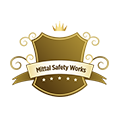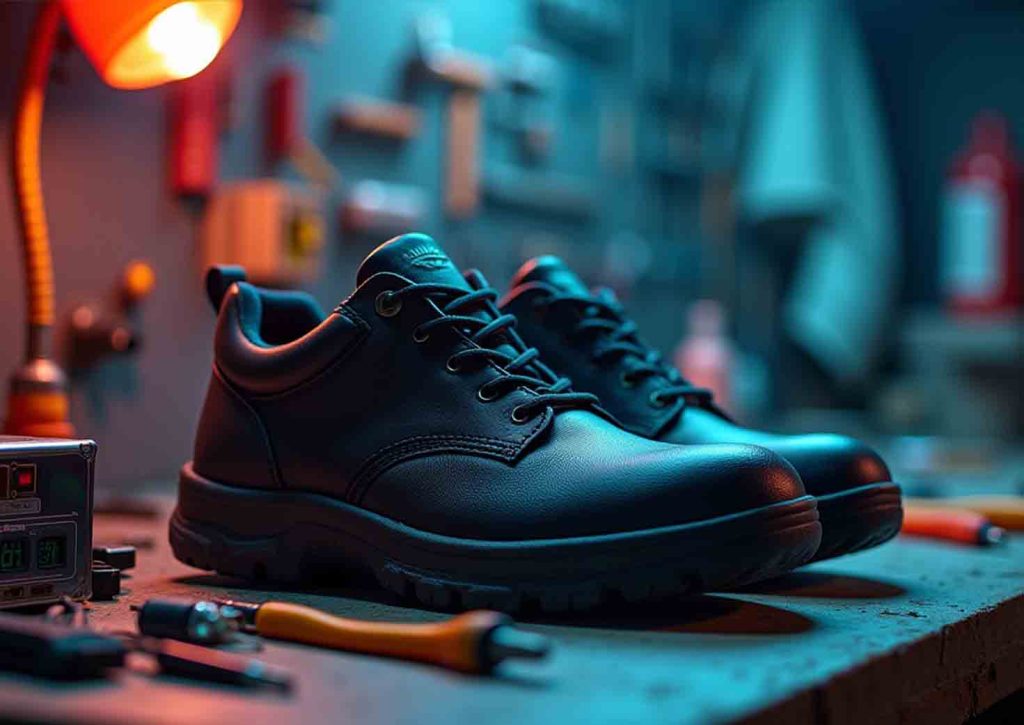Workplace safety should always be a top priority, especially in environments where physical risks are common. One essential piece of safety gear often overlooked is safety shoes. But can safety shoes really prevent injuries? The answer is a resounding yes! Let’s explore how they work, why they’re important, and what to consider when choosing the right pair.
Why Are Safety Shoes Important?
Benefits of Wearing Safety Shoes
Safety shoes are designed to protect your feet from injuries and hazards in the workplace. Here are a few key benefits:
- Prevention of Foot Injuries: They shield your feet from falling objects, sharp tools, and heavy machinery.
- Improved Grip and Stability: Non-slip soles reduce the risk of slipping on wet or uneven surfaces.
- Protection Against Electrical Hazards: Specialized safety shoes insulate against electrical shocks.
- Fatigue Reduction: Comfortable safety shoes support your feet, preventing strain during long hours of work.
Importance of Safety Footwear
Wearing safety footwear isn’t just about following rules—it’s about protecting yourself. Accidents happen quickly, and proper footwear acts as the first line of defense against injuries. Whether you’re on a construction site or in a manufacturing plant, safety shoes are essential.
How Safety Shoes Prevent Workplace Injuries
Types of Safety Shoes for Workplace Protection
Different jobs call for different types of safety shoes. Here are some common types:
- Steel-Toe Boots: Protect your toes from heavy falling objects.
- Composite-Toe Shoes: Offer similar protection but are lighter and non-metallic.
- Slip-Resistant Shoes: Perfect for wet or oily surfaces.
- Electrical Hazard Shoes: Insulate against shocks and electrical risks.
- Puncture-Resistant Shoes: Protect your feet from sharp objects on the ground.
Protective Features Explained
Safety shoes come with features that make them indispensable:
- Toe Protection: Reinforced toes (steel or composite) prevent crushing injuries.
- Slip-Resistant Soles: Designed to provide maximum traction on slick surfaces.
- Puncture-Resistant Midsoles: Stop sharp objects like nails from piercing through.
- Durable Materials: High-quality leather or synthetic materials ensure durability and comfort.
Choosing the Right Safety Shoes
Features of High-Quality Safety Shoes
When picking out safety shoes, look for the following:
- Fit and Comfort: A good fit is crucial for preventing blisters and ensuring support.
- Material: Opt for breathable and durable materials to keep your feet safe and comfortable.
- Safety Certifications: Check for certifications like ASTM or EN ISO to ensure compliance with safety standards.
- Job-Specific Features: Consider the unique hazards of your workplace and choose shoes with the appropriate features.
Why Safety Shoes Are Essential for Workers
Investing in safety footwear shows that you value your well-being. It’s not just a legal requirement for many jobs; it’s also a smart decision to protect your health and productivity.
FAQs: Can Safety Shoes Prevent Injuries?
1. What types of workplaces require safety shoes?
Safety shoes are essential in industries like construction, manufacturing, warehousing, and electrical work—basically, anywhere physical risks are present.
2. Are steel-toe boots better than composite-toe boots?
Both offer excellent protection. Steel-toe boots are stronger, but composite-toe boots are lighter and don’t conduct electricity, making them ideal for specific environments.
3. How often should I replace safety shoes?
Replace safety shoes if they show visible wear, lose their protective features, or every 6-12 months if used daily.
4. Do safety shoes reduce fatigue?
Yes! Ergonomically designed safety shoes with proper arch support reduce fatigue by evenly distributing weight and absorbing shock.
5. Can safety shoes protect against extreme weather?
Yes, some safety shoes are made to withstand extreme temperatures and provide insulation in cold environments.
Final Thoughts
Safety shoes are more than just protective gear—they’re an investment in your health and safety. By understanding their importance and choosing the right pair, you’ll ensure better protection and comfort in your workplace. Don’t wait for an accident to happen—step into safety today!



